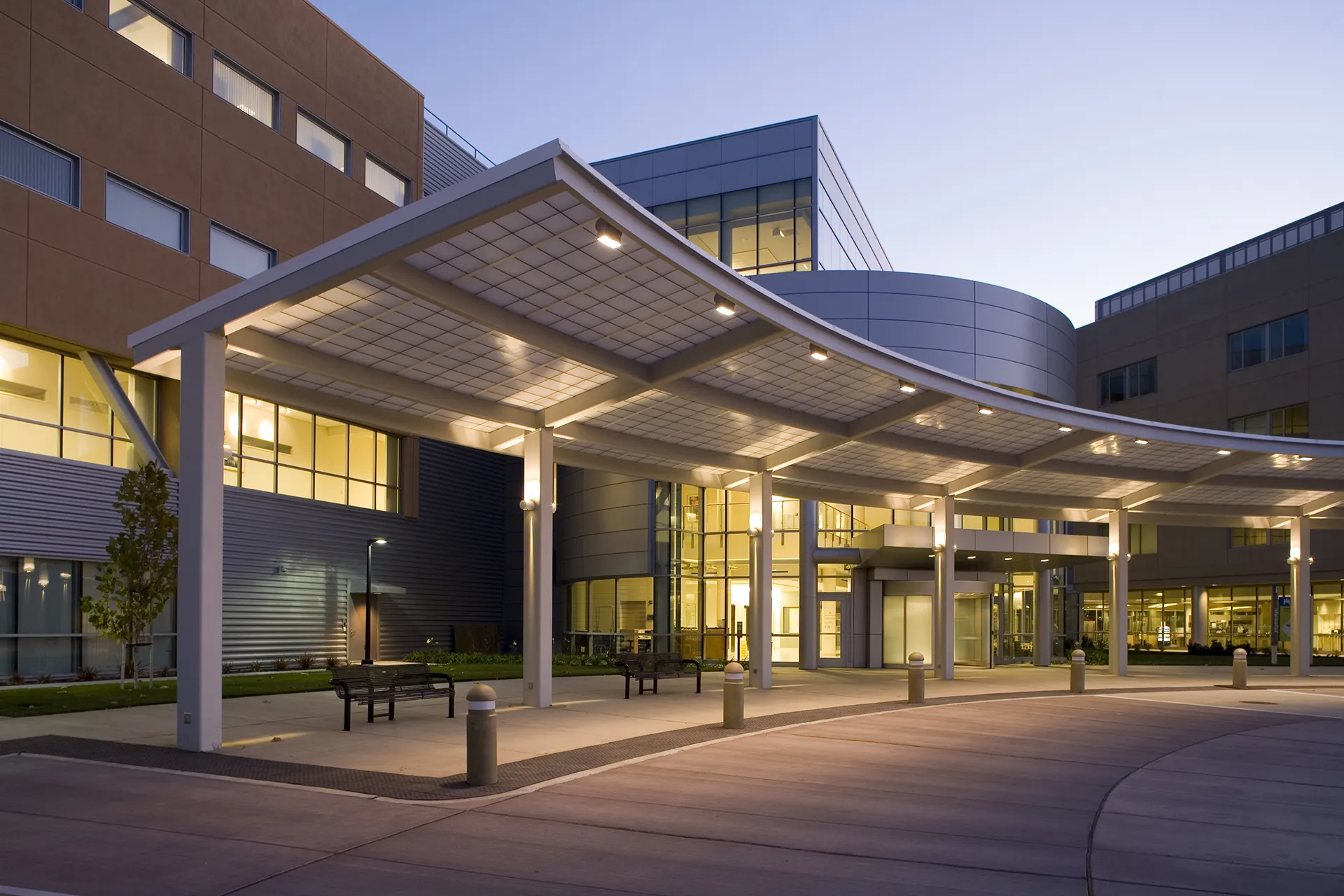Postdoctoral Residency – Antioch
East Bay Consortium (Antioch, Walnut Creek, Pleasanton)

The city of Antioch is the gateway to the Delta and is located on the banks of the San Joaquin River in east Contra Costa County. A city of approximately 115,000 residents, Antioch, is one of the few Bay Area communities offering affordable housing; as a result, increased development has created employment opportunities in schools, hospitals, and other local service sectors. The Antioch area offers a wide range of shopping, cultural, and recreational activities, including the John Marsh Historic House State Park, Marsh Creek Regional Trail, art galleries and live music venues.
The Kaiser Permanente Antioch Mental Health and Addiction Medicine Services is located off the Hillcrest Avenue exit on Highway 4 in an office park and just a short walk from the BART extension train station. The department operates in a stand-alone building designed specifically for our services and offers ample parking. The KP Antioch Medical Center and Delta Fair Medical Offices are a 10-minute drive away.
Our department serves a socioeconomically and culturally diverse patient population in a geographical area spanning from Central/Eastern Contra County to southern Sacramento. Many of our clinicians travel from other Bay Area cities to work in Antioch. The commute from the west is a reverse commute, making it an easy drive to our unique clinic.
Program Curriculum
Program Evaluation
Each resident is required to undertake a program evaluation project during their training year.The project is selected based upon the resident’s interests and skill set and should fall within the regular scope of departmental services.
It may involve collecting and analyzing data to improve administrative operations, or a quality improvement project aimed at improving or assessing a treatment program or process. Examples include developing and evaluating a treatment group, intake procedure or other new programming; evaluating factors associated with treatment outcomes; or a needs assessment of a service that may be enriched by psychological consultation. Residents meet with the program evaluation supervisor as a group regularly over the course of the training year to review progress on their projects.
Program Highlights
Recruitment is on Hold for the 2024-2025 Training Year
Our clinic culture is one of growth and diversity. With a dynamic patient population with a large variety of needs, we pride ourselves on the ability to treat a wide range of presentations and problems. We seek flexible, thoughtful, and professional clinicians who are interested in bringing their skills to collaborative teams while learning on the go and adapting to demands as they arise.
It is never a boring year at our clinic and trainees often feel as if they have the skills to work anywhere after training with us. Many clinicians have worked at this clinic for a very long time, and we have a culture similar to that of a family. We are also consistently introducing new members to our clinic while we expand various teams as well as training opportunities. We have hired many of our previous postdoctoral residents who have felt that the clinic and colleagues are a good fit for their professional goals.
Clinical Service Opportunities
Each residency position is comprised approximately of 20 hours of direct clinical work and 20 hours of training, supervision, meetings and other tasks. Direct services to patients include individual and group treatment both in person and virtually as well as assessment.
Residents meet for didactic and group supervision as part of a consortium with other local clinics.
Regional seminars are offered monthly and cover a wide range of clinical topics delivered by world-class presenters.
Each resident is also involved in a program evaluation and community benefit projects.
Specialty Tracks
Overview
Opportunities exist to receive training with other areas of focus including:
- Providing services to patients in Spanish
- Focused virtual care
- Gender therapy and interventions
- Early eating disorder interventions
- Parenting skill training
- ADHD assessment and interventions
- Case management for chronically ill patients
- Consultation in primary care settings (pediatrics and women’s health)
Adult/Adult IOP
Residents in the Adult/Adult IOP track provides treatment to individuals ages 18 and older both individually and in groups. They are an integral part of the Intensive Outpatient Program (IOP) for high-risk patients involving group treatment several times per week.
In addition to skill-based groups for high-risk patients, the Adult/Adult IOP resident has the opportunity to co-facilitate groups with a variety of focuses including Depression, Anxiety, Dual Diagnosis, and Trauma-focused care.
Child/Adolescent IOP
Residents in the Child/Adolescent IOP track provide treatment to individuals ages 18 and younger and their families both individually and in groups. They are an integral part of the Adolescent Intensive Outpatient Program (IOP) for high-risk patients involving group treatment in addition to individual and family sessions.
The Child/Adolescent IOP resident also has the opportunity to co-facilitate other groups in the department with a variety of other focuses.
Addiction Medicine and Recovery Services
Residents in the Generalist track will have an opportunity to work with the Child team and/or the Adult team with flexibility to create a track that is geared towards the resident’s strengths and interests.
Schedule
- Direct Patient Care: 20 hours
- Non-Patient Care: 12 hours
- Individual Supervision: 2 hours
- Group Supervision: 2 hours
- Didactic Training: varies
- Cultural Conversations: 1 hour/month
- License Prep: varies
- Community Benefit Project: approximately 3 hours/month
- Program Evaluation: varies
- Assessment: 3+ hours/month
Didactic Training
Weekly didactic trainings are offered along with other residents in the Diablo Service Area (DSA). We also have a culturally focused seminar that meets monthly. Regional seminars are offered to the greater Postdoctoral Training Program on various topics such as: Law and Ethics for Mental Health Professionals, Connecting Neuroscience to Clinical Treatment, EPPP prep, Multicultural Awareness Training, etc.
